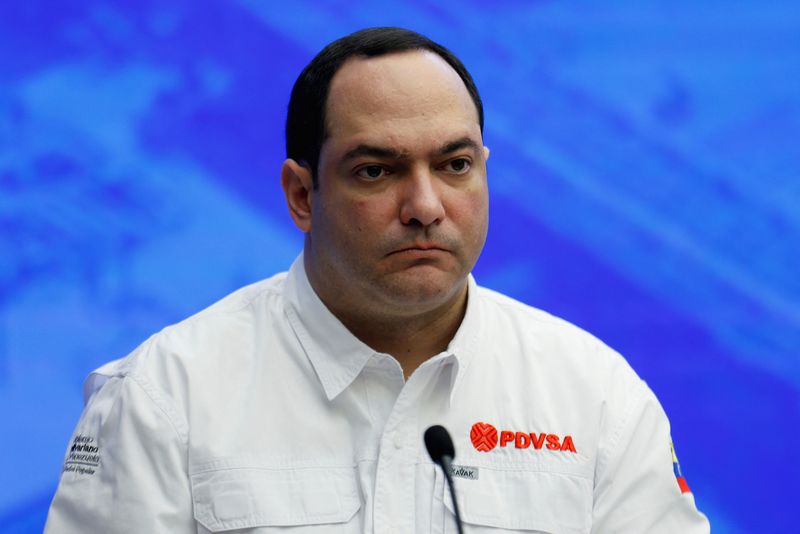

(Reuters) – The United States issued new Venezuela-related sanctions on Friday, including measures targeting state oil company PDVSA chief Hector Obregon, according to a notice on the Treasury Department’s website.
President Nicolas Maduro and his government have always rejected sanctions by the United States and others, saying they are illegitimate measures that amount to an “economic war” designed to cripple Venezuela.
Maduro and his allies have cheered what they say is the country’s resilience despite the measures, though they have historically blamed some economic hardships and shortages on sanctions.
This post is originally published on INVESTING.



